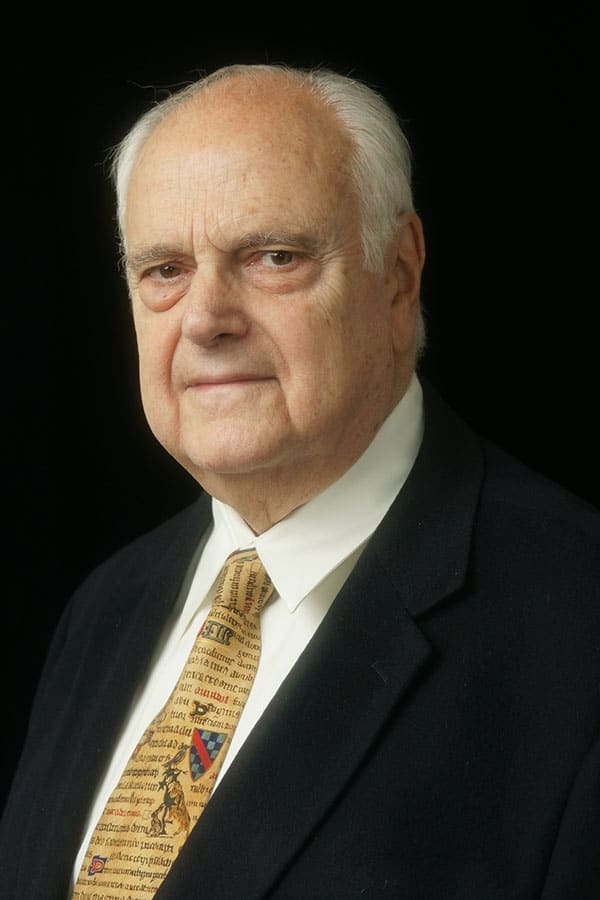Genocide is a word not to be used lightly
Photo by pvproductions – www.freepik.com
Genocide is a word not to be used lightly
By Norman A. Bailey, Ph.D.
The Russian invasion of Ukraine is a crime under international law and atrocities have been committed, but the Russians are not trying to annihilate the Ukrainian people.
Words matter. Words can and do result in thoughts and then into actions. Words can result in the most laudable of human actions and into the most despicable behavior. Words can inspire and they can mislead. For all these reasons it is of extreme importance that language be used properly, so that inappropriate or counter-productive thoughts and actions do not result.
One word that is being improperly used with great frequency nowadays is the word “genocide”. Genocide has a very specific meaning, defined not only in dictionaries but in international agreements and in international law in general.
Genocide is not a synonym for massacre, atrocity, mass-murder, or any other similar expressions. It has a very specific meaning. Homicide, femicide, regicide, etc. refer to the murder of people; massacre and other similar words refer to the murder of many people. Genocide refers to the attempted annihilation of a people, genetically defined in racial and/or ethnic terms.
Thus, the invasion of Ukraine by Russia is not a genocide. Certainly it is a crime under international law and certainly atrocities have been committed, but the Russians are not trying to annihilate the Ukrainian people – in fact, they claim that Russians and Ukrainians are the same people.
Besides being the month of Holocaust Remembrance Day, April is also the anniversary of the often referred-to Armenian “Genocide” of 1915/16.
The Holocaust involved not six million but about ten million people, only six million of which were subject to “genocide”–obviously the Jewish six million. And the Armenian atrocities were not genocide at all – the Turks were engaging in the forced removal of the Armenian population of eastern Turkey (then the Ottoman Empire) to the Syrian province of the empire, since the Turkish government was afraid that the Armenians – fellow Christians – would support the Russians if Russia invaded from the Caucasus.
Certainly horrific atrocities accompanied the removal, resulting in the deaths of hundreds of thousands of innocent people, but many reached Syria and were settled there.
In fact, although the twentieth century was full of massacres and atrocities of all kinds, there were only two genocides, the Jews of Europe in the 1940s and the Tutsis in Rwanda in the 1990s.
In Cambodia in the 1970s Cambodians slaughtered Cambodians; the millions that were murdered in the Soviet Union and China during the century were massacred by Russians and Chinese.
Using the term “genocide” in all such cases simply depreciates the word and the reality behind it. The world should oppose all atrocities of whatever nature perpetrated wherever, but a genocide is a very special crime, which must be dealt with in a very special way.
Dr. Norman Bailey is professor of Economic Statecraft at the Galilee International Management Institute, and adjunct professor at the Institute of World Politics, Washington DC. Dr. Bailey was a senior staff member of the National Security Council during the Reagan administration and of the Office of the Director of National Intelligence during the George W. Bush administration.
Published by Globes, Israel business news – en.globes.co.il – on April 28, 2022..
About Norman A. Bailey
Norman A. Bailey is an economic consultant, adjunct professor of economic statecraft at the Institute of World Politics, and president of the Institute for Global Economic Growth.
He is an emeritus professor at The City University of New York. He served on the staff of the National Security Council during the Reagan Administration and the Office of the Director of National Intelligence during the George W. Bush Administration.
Mr. Bailey’s degrees are from Oberlin College and Columbia University. He is the author, co-author or editor of several books and many articles.
About the Author

Norman A. Bailey
AUTOR AND CONTRIBUTOR
Norman A. Bailey is an economic consultant, adjunct professor of economic statecraft at the Institute of World Politics, and president of the Institute for Global Economic Growth.
He is an emeritus professor at The City University of New York. He served on the staff of the National Security Council during the Reagan Administration and the Office of the Director of National Intelligence during the George W. Bush Administration.
Mr. Bailey’s degrees are from Oberlin College and Columbia University. He is the author, co-author or editor of several books and many articles.
Related Articles
Gaza’s Genocide Inversion: Setting the Record Straight
This video refutes the dire and growing accusation circulating globally—one that seeks to delegitimize Zionism, demonize Israel, and implicitly provoke hostility toward Jews both inside and outside the borders of the Jewish state–that Israel is committing genocide against Palestinians.
The Prospects for a Democratic Transition in Venezuela
The first phase focuses on oil. Owing to sanctions, much of Venezuela’s oil production is effectively frozen. Under this plan, American companies would help rehabilitate oil production and facilitate sales, while profits would be managed in a way intended to benefit the Venezuelan population rather than fuel corruption or sustain the regime.
What Comes After Maduro Is the Real Test
On the morning of January 3, U.S. special operations forces arrested Venezuelan leader Nicolás
Maduro in a highly coordinated operation that immediately drew global attention. U.S.
authorities allege that Maduro oversaw an extensive drug-trafficking network that harmed
American interests. Critics, some quoted by The New York Times, questioned whether the scale
of narcotics flows from other regions poses a more immediate threat, raising broader questions
about the operation’s justification.

The Center is a gathering of scholars, experts and community stakeholders, that engage in research and dialogue in an effort to create practical policy recommendations and solutions to current local, national, and international challenges.
EXPLORE THE CENTER
FOCUS AREAS
©2025 The Palm Beach Center for Democracy and Policy Research. All Rights Reserved
